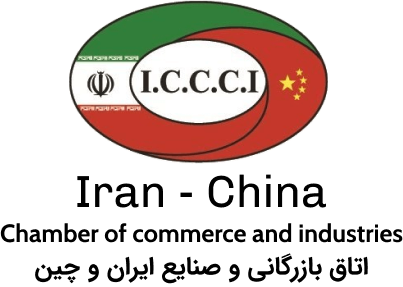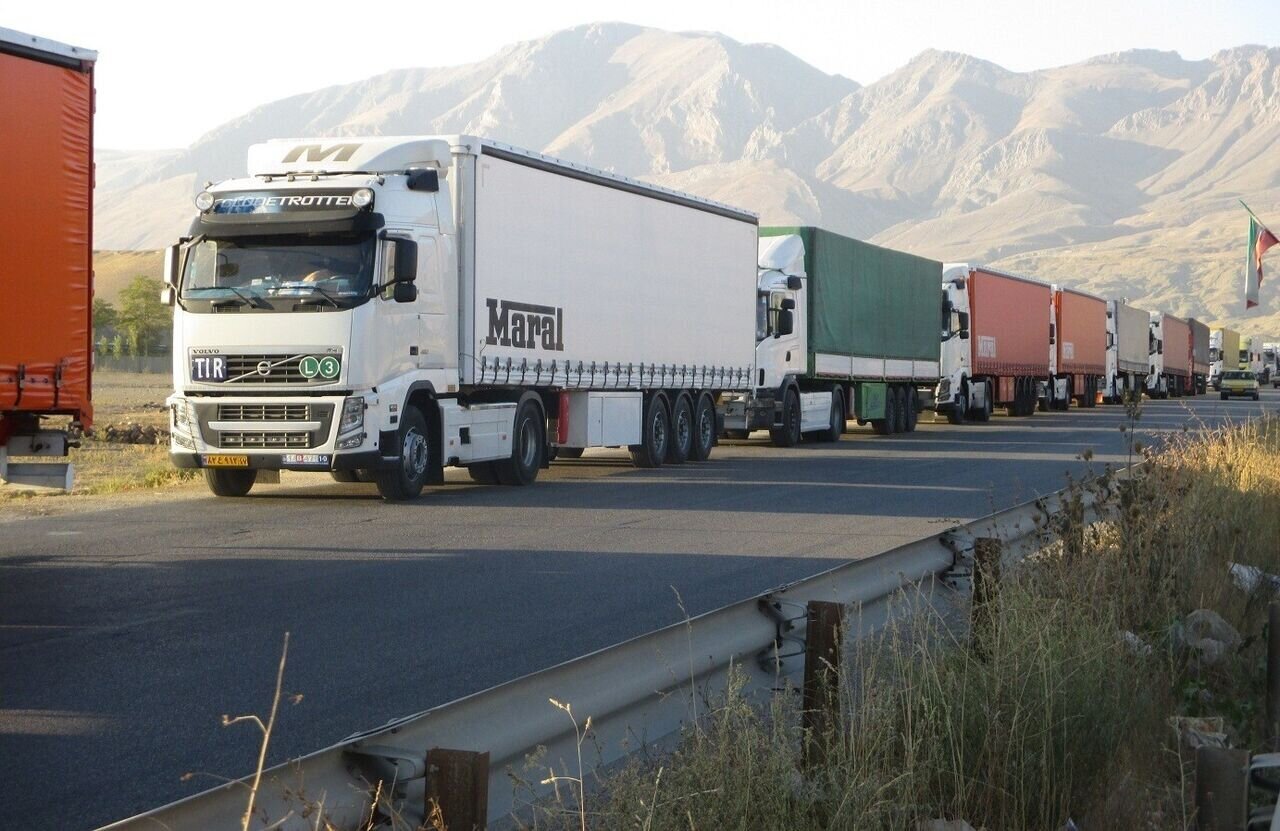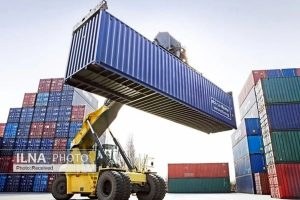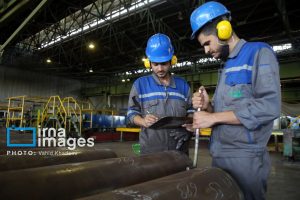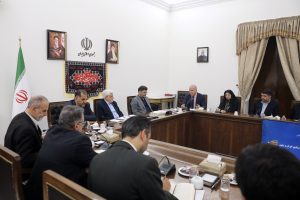Transit of commodities through Iran increased by 35 percent during the first 11 months of the current Iranian calendar year (March 21, 2023-February 19, 2024), as compared to the same period of time in the past year, according to the data released by the Islamic Republic of Iran Customs Administration (IRICA).
Based on the IRICA data, 16.2 million tons of goods were transited via the country in the mentioned 11-month period.
As stated by Deputy Transport Minister Shahriyar Afandizadeh, the achievements resulting from promoting transit negotiations, and the foundations of the “Iran-Way” initiative has resulted in the growth of transit via the country in this year.
The continuous trend of recent transit records via the country and the increasing interest of governments, traders, and those active in transport sectors from neighboring, regional and extra-regional countries in the transit and logistics situation of the Islamic Republic of Iran indicate the fruitfulness of the transformational approach of the 13th government to the strategic issue of transit, with emphasis on the development of all-round economic relations with neighbors, the official stressed.
As stated by Transport and Urban Development Minister Mehrdad Bazrpash, the “Iran Way” initiative made by the current Iranian government, lets the neighboring countries use Iran as a route or a solution that facilitates their access to international waters.
Iran Way initiative is the gateway to Iran’s land of transit opportunities, the minister has underlined.
As previously announced by Afandizadeh, 10.8 million tons of commodities were transited through the country in the past Iranian calendar year 1401 (ended on March 20).
The official also announced that Iran registered a new record high with the transit of 8.3 million tons of non-oil goods in 1401, adding that 2.5 million tons of oil products were also transited via the country in the previous year.
“Considering the transit of 7.5 million tons of non-oil goods in 1400, we have seen a 10.7-percent growth in the transit of this type of goods in 1401 compared to the previous year”, he said.
“In 1401, we witnessed important developments and achievements in the strategic and operational areas of the country’s transit, whose definitive effects will be seen gradually and steadily on the growth of transit from the country in 1402 and the coming years”, the deputy transport minister further highlighted.
Afandizadeh then explained: “In line with the activation and development of the North-South International Transport Corridor, in a tripartite meeting in last September between the high-ranking officials of our country and the Russian Federation and the Republic of Azerbaijan in Baku, while aiming to achieve the transit of 15 million tons of goods through this corridor by 2030, agreements were reached in the field of strengthening the cooperation of the three countries in joint investment and financing, the completion and development of key infrastructures and their exploitation, especially the construction of the Rasht-Astara railway line, facilitating cross-border traffic of goods and increasing the quality and quantity of this traffic”, adding that the implementation of these agreements is being followed up.
He went on to say, “One of the most important events last year was Iran’s full membership in the Shanghai Cooperation Organization (SCO). In a short period of time after the meeting of the heads of Shanghai in September 1401 in Samarkand, the first six-party meeting of the transport ministers of Iran and the countries of Central Asia, in addition to Russia and Azerbaijan was held in Tehran in October 1401 with the goal of achieving 20-million tons of annual transit between Iran and Central Asian countries, as an area with a very high role and importance in east-west and north-south transit, especially after the recent regional and international developments, which was approved by the members.”
This year, the issue of transit and playing a role in major programs such as those related to China’s Belt and Road Initiative, Shanghai Cooperation Organization, Economic Cooperation Organization (ECO), and Eurasian Economic Union (EAEU) is one of the main priorities of the Transport Ministry in developing transport relations with regional and extra-regional target countries, the deputy transport minister noted.
After seven years of reduction in the transit of goods from the country, the growth path of transit resumed in the past Iranian calendar year 1400 (ended on March 20, 2022) and with the passage of 12.65 million tons of goods through Iran, a growth of 68 percent was achieved.
The policy of paying attention to neighbors and developing political and economic relations with neighboring countries in the current government, increasing attention to road and rail routes in the world, and the efforts and cooperation of transportation and trade-related organizations in establishing or activating corridors through the country has led to significant growth in transit of goods through Iran.
Iran is one of the countries with a special status in trade and transit relations due to its strategic location and special geography, as the country is the passage of several important international corridors.
Considering its geographical location, Iran can play a significant role in the transit of goods in the region and benefit a lot from its status in this due.
Paying attention to upstream documents, especially the country’s development plans, and the government’s decision to develop transit, paying special attention to infrastructure development, reducing transit time, making it cheaper to cross Iran and making more advantages over competitors, due to the short path for customers, can lead to facilitating the development of transit so that the country can reach the desired growth in this due.
In early June, 2023, Afandizadeh announced that the Transport and Urban Development Ministry is preparing a five-year comprehensive plan for increasing transportation and transit relations with Central Asia, as well as the Persian Gulf and the Sea of Oman countries.
The plan includes the basic strategies and executive roadmap in a step-by-step manner for the next five years and will mark the evolution of the bilateral transport and transit relations with the target countries, including the countries of Central Asia and the Persian Gulf and the Sea of Oman, Afandizadeh explained.
This year, the issue of transit and playing a role in major programs such as those related to China’s Belt and Road Initiative, Shanghai Cooperation Organization, Economic Cooperation Organization (ECO), and Eurasian Economic Union (EAEU) is one of the main priorities of the Transport Ministry in developing transport relations with regional and extra-regional target countries, the deputy transport minister noted.
